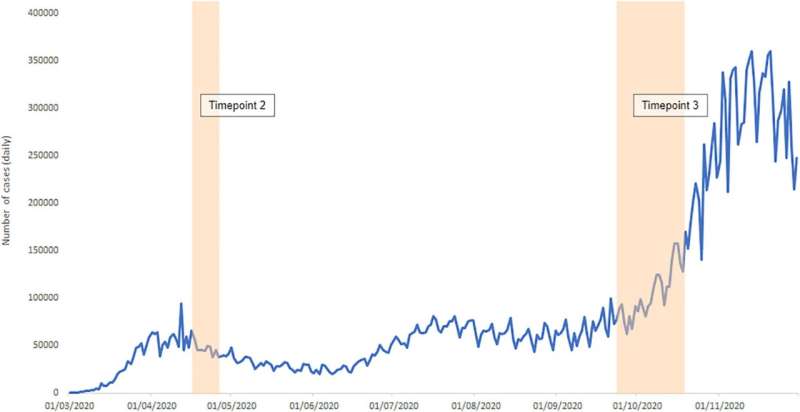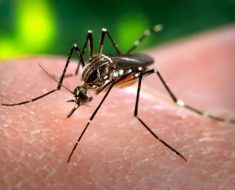
A new study has found that people “moralized” anti-social and non-compliant behaviors associated with the pandemic, such as failing to social distance from others or meeting with a friend in a park.
Moralization refers to the process by which individuals assign judgment of what is considered to be “right” or “wrong” to certain actions or behaviors.
The study, published in Frontiers in Psychology, found that certain behaviors which were once considered a neutral issue, such as visiting elderly grandparents or meeting a friend outdoors for a coffee, were assigned moral weight during the pandemic, meaning that people found such behaviors morally unacceptable.
Researchers from Keele University and the University of Reading also found that the moralization of pandemic-associated behaviors positively predicts compliance with government guidelines, suggesting that individuals who found these behaviors morally unacceptable were more likely to be following government recommendations.
This was discovered to be the case at two separate timepoints during the pandemic—in April 2020 during the first lockdown and in September/October 2020, a time when government guidelines had been somewhat “relaxed” after the first wave of COVID-19 cases.
The findings suggest that significant global changes and challenges are likely to affect people’s judgements as to what they consider “right” and “wrong,” and indicate a shift in the moral principles that guide people’s decision-making.
Researchers also found that utilitarian preferences, which refer to the ethical belief that a specific act is acceptable or unacceptable if it brings the greatest good to the largest number of people, did not change during the pandemic, despite individuals being required to make sacrifices for the wellbeing of global populations. This suggests that utilitarian preferences are not dependent on context.
The study, co-authored by Dr. Kathryn Francis of Keele University and Dr. Carolyn McNabb of the University of Reading, analyzed survey data from 83 participants at different timepoints to assess their response to a number of sacrificial moral dilemmas and scenarios.
Dr. Francis, Lecturer in Psychology at Keele University, said: “The health and societal impacts of the current COVID-19 pandemic have presented many ethical challenges and members of the public worldwide have been asked to make significant personal sacrifices for the greater benefit of those around them.
“This study highlights the impact of these conditions on moral decision-making; behaviors once considered normal and prosocial were judged as morally unacceptable, and this moralization was sustained even when government guidelines were being relaxed. How much individuals moralized these behaviors also predicted their adherence to government guidance demonstrating how strongly and quickly moralization can influence our behavior.”
Source: Read Full Article





